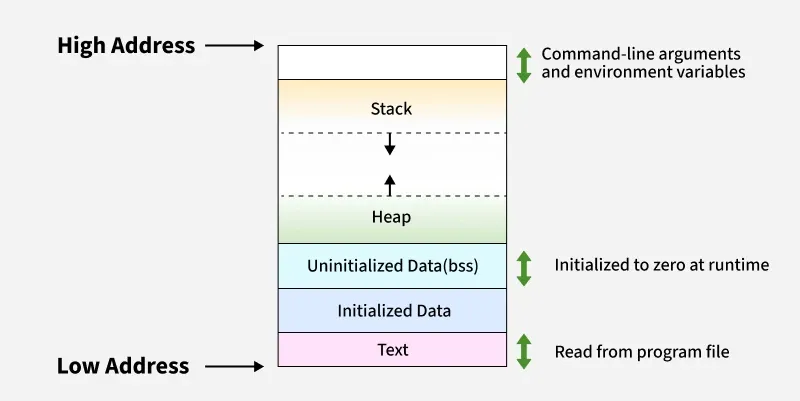Look, I've been writing C for 15 years, and I still occasionally fuck up a pointer and segfault. That's just part of the C experience. But here's why it's everywhere and why you should probably learn it.
C Is Actually Everywhere (No Bullshit)
Every time you use your phone, you're running C code. The Linux kernel is mostly C, your WiFi router firmware is C, your car's ECU is C, and the web server serving this page is probably Nginx (also C). Hell, even Python's main interpreter is written in C. Most embedded systems rely on C because it provides direct hardware control without overhead.
The reason is simple: C gets out of your way and lets you control exactly what the computer does. Need to talk directly to hardware? C's got you. Want predictable performance without garbage collection pauses? C won't surprise you with a 200ms stop-the-world collection. The performance difference between C and higher-level languages is massive when it matters.
The "Trust the Programmer" Philosophy (AKA Rope to Hang Yourself)
Dennis Ritchie and the Bell Labs crew designed C with a simple philosophy: trust that you know what you're doing. This means:
- Want to access memory you shouldn't? Go ahead, enjoy your segfault
- Forget to free memory? Watch your process slowly eat all available RAM
- Mix up your array bounds? C won't stop you from corrupting the stack
This sounds terrifying (and it is), but it's also why C programs can be incredibly fast. The compiler assumes you're not an idiot and generates tight, efficient assembly code.
Real Production Stories
I once spent three days debugging a memory corruption bug that only happened on the production servers, not on development machines. Turned out to be a classic off-by-one error in array indexing. Valgrind output was 50 pages of garbage. Turns out I was writing to buffer[1000] when I'd only allocated 1000 elements. Classic off-by-one in a for loop condition. Valgrind finally caught it, but only after I'd questioned my sanity multiple times.
Another time, a colleague introduced a subtle memory leak in a daemon process. It only leaked 50 bytes per request, so we didn't notice until the server had been running for weeks and was slowly consuming all system memory. The fix was a single missing free() call.
These aren't horror stories - they're Tuesday in C programming. But once you get good at debugging with GDB and running everything through memory checkers, you start to appreciate the control C gives you.
Why Other Languages Still Need C
Even the "modern" languages depend on C. Go's runtime has C code, Node.js is built on C++/C, and Rust still needs to interface with C libraries for system calls. Popular databases like PostgreSQL and Redis are written entirely in C.
The TIOBE index has C at #3 in 2025, and it's not going anywhere. Every new "C killer" language eventually realizes they need to interoperate with the existing C ecosystem, because rewriting 50 years of battle-tested code is fucking expensive. The POSIX standard is written in C, and most system calls expect C-style interfaces. Even container runtimes and microprocessor firmware rely on C for low-level operations.
The Bottom Line
C is like a sharp knife - dangerous in the wrong hands, but indispensable once you know how to use it. It's not going anywhere because the entire computing stack is built on it. Learn it if you want to understand how computers actually work, or if you need to write code that's fast and doesn't have mysterious performance hiccups.

